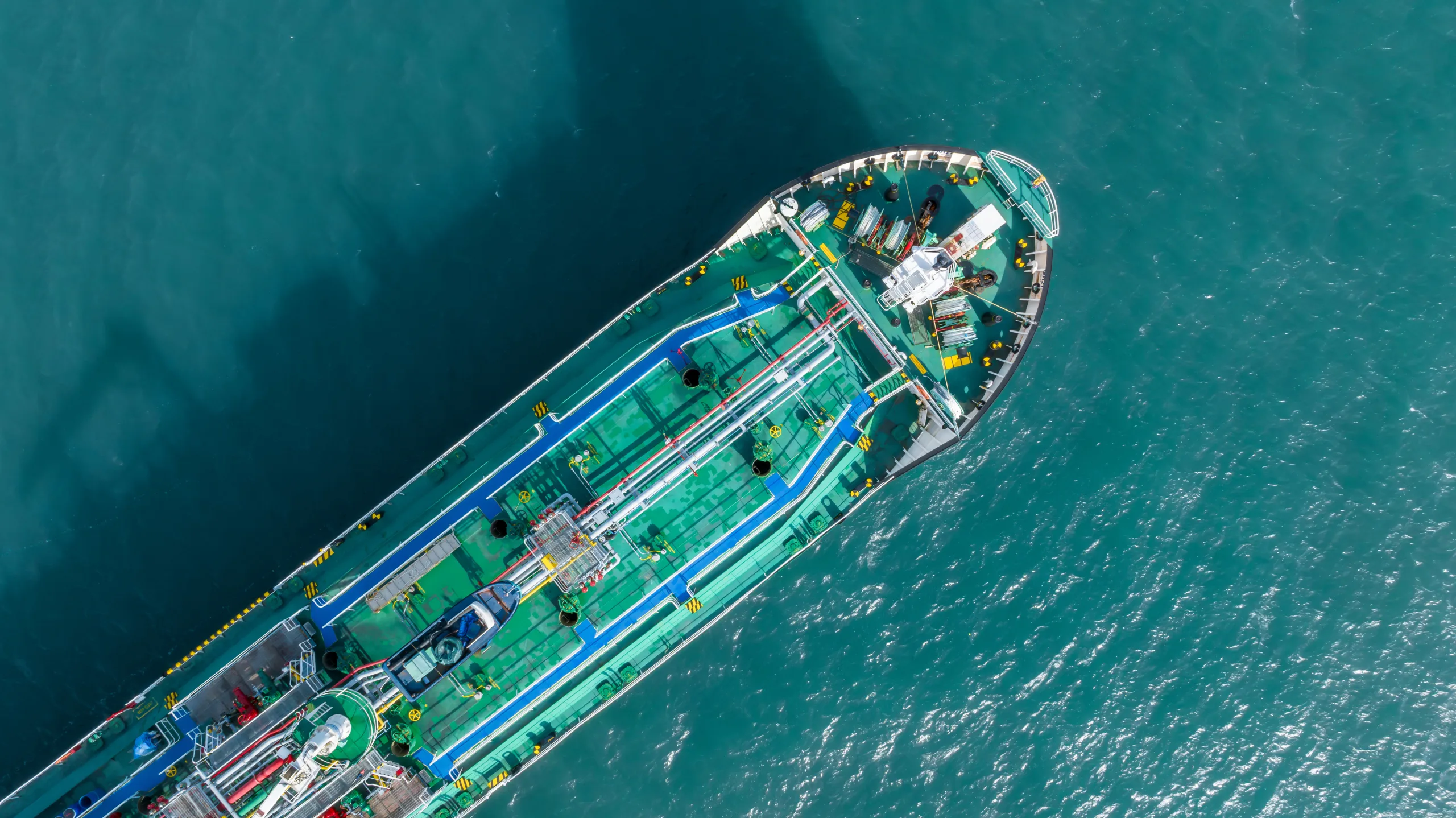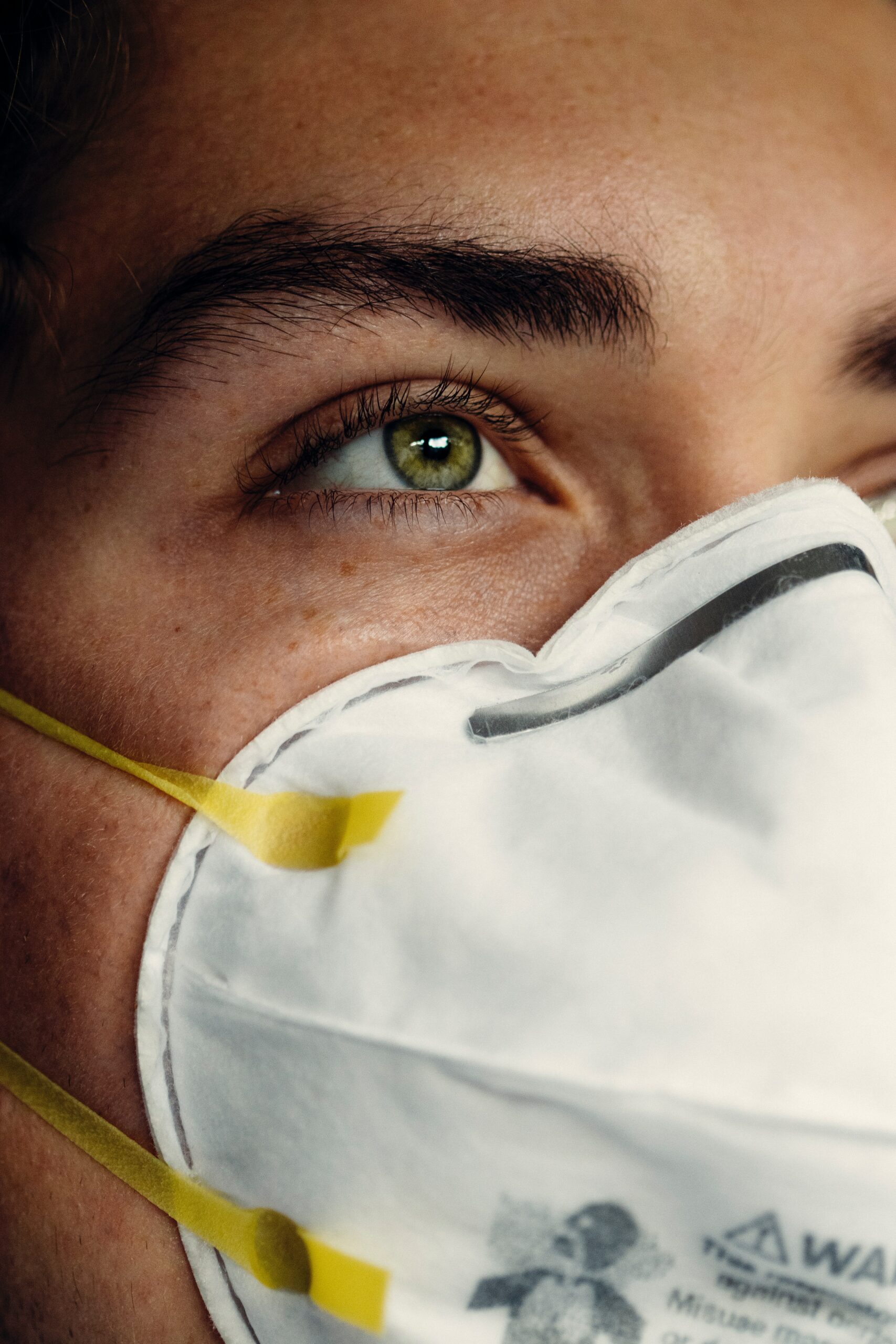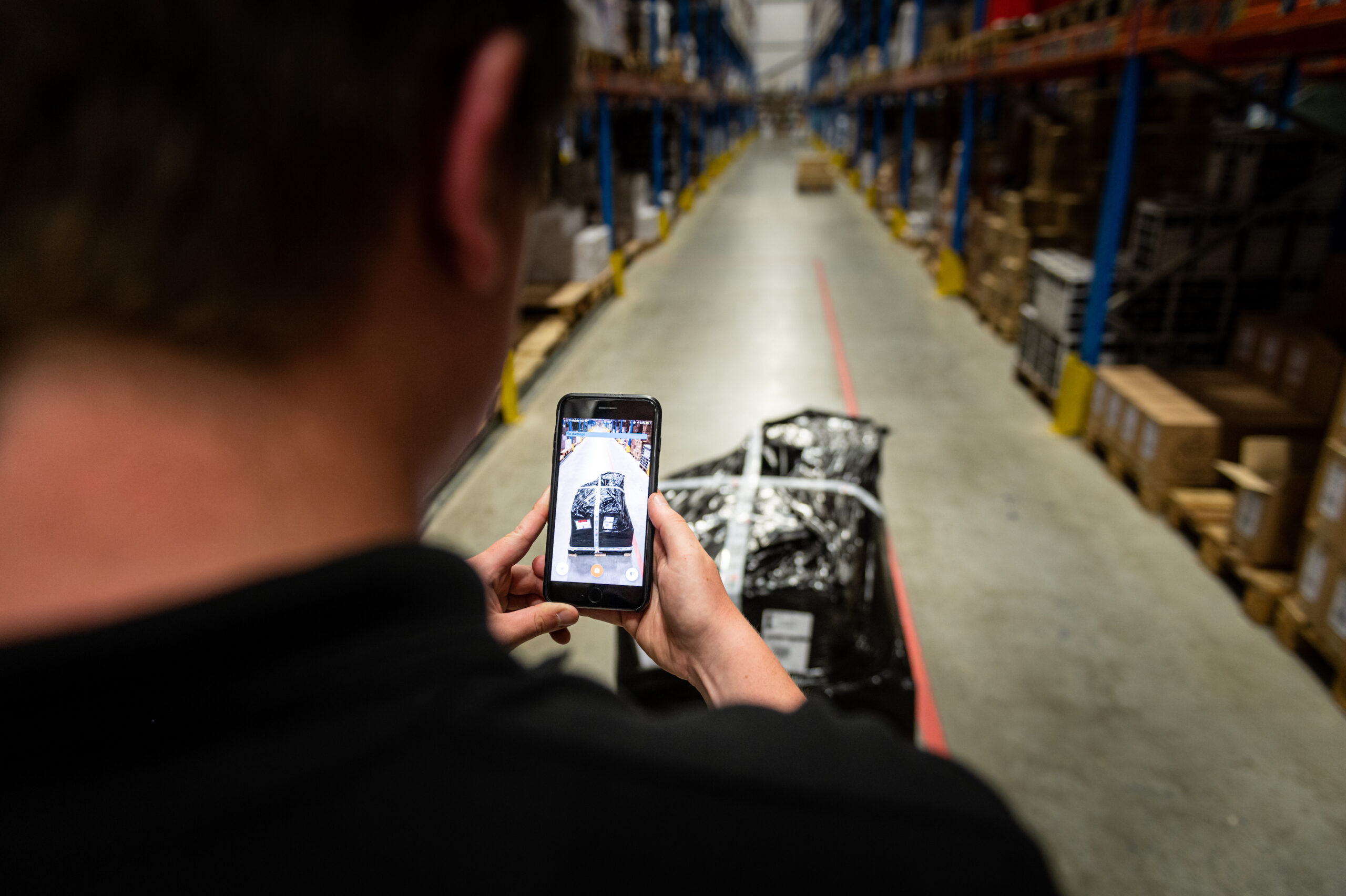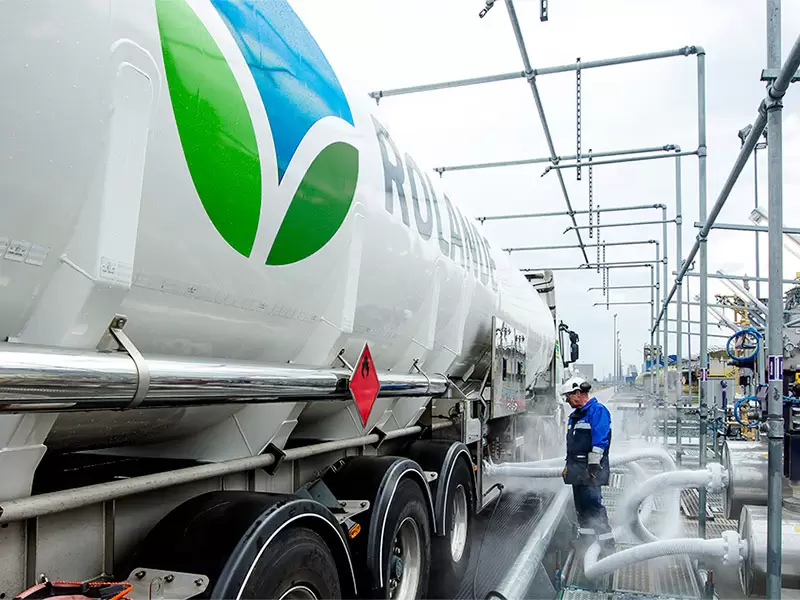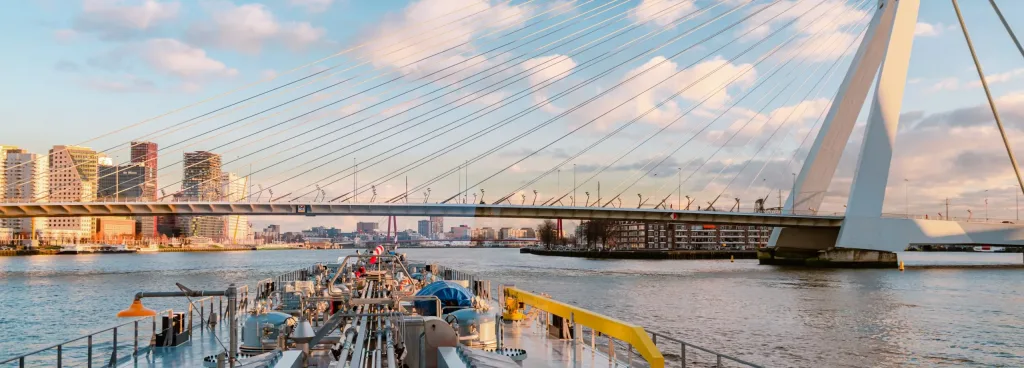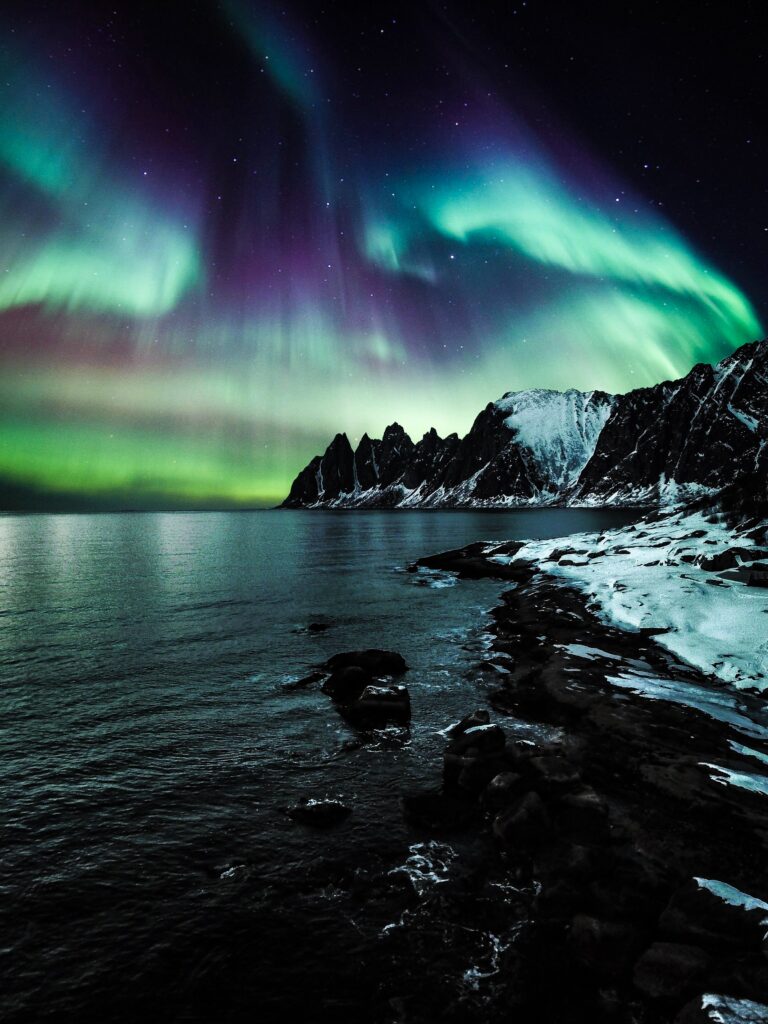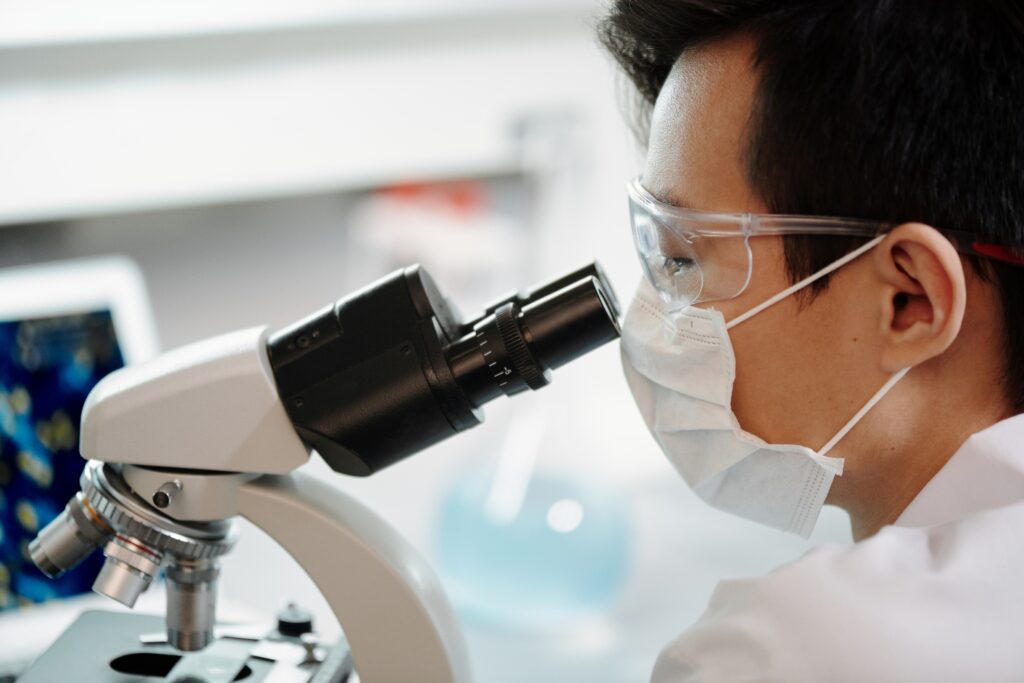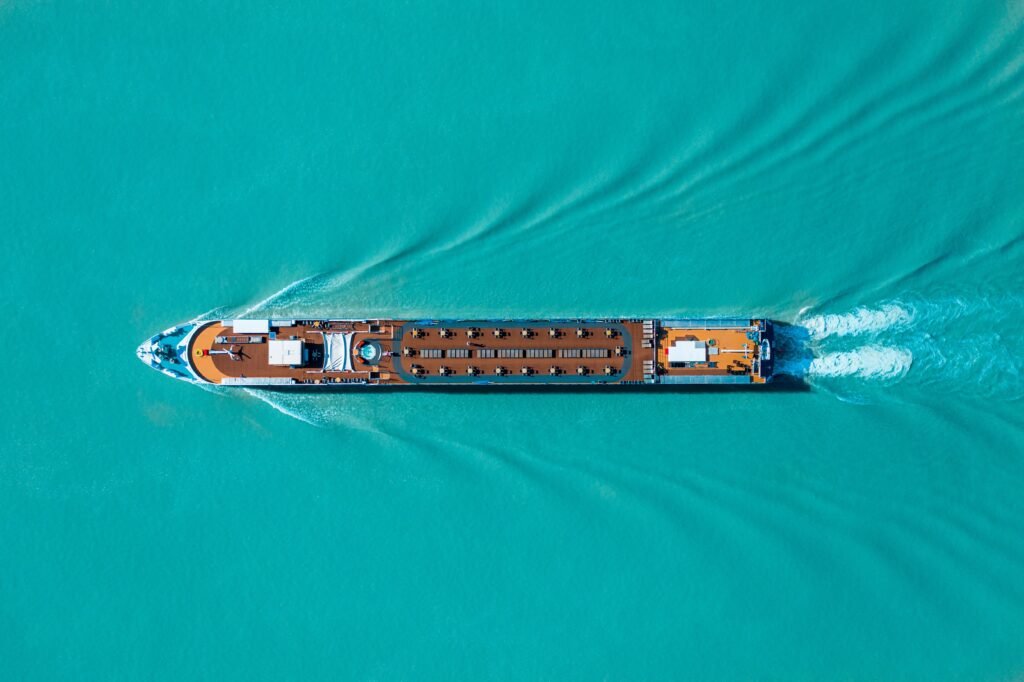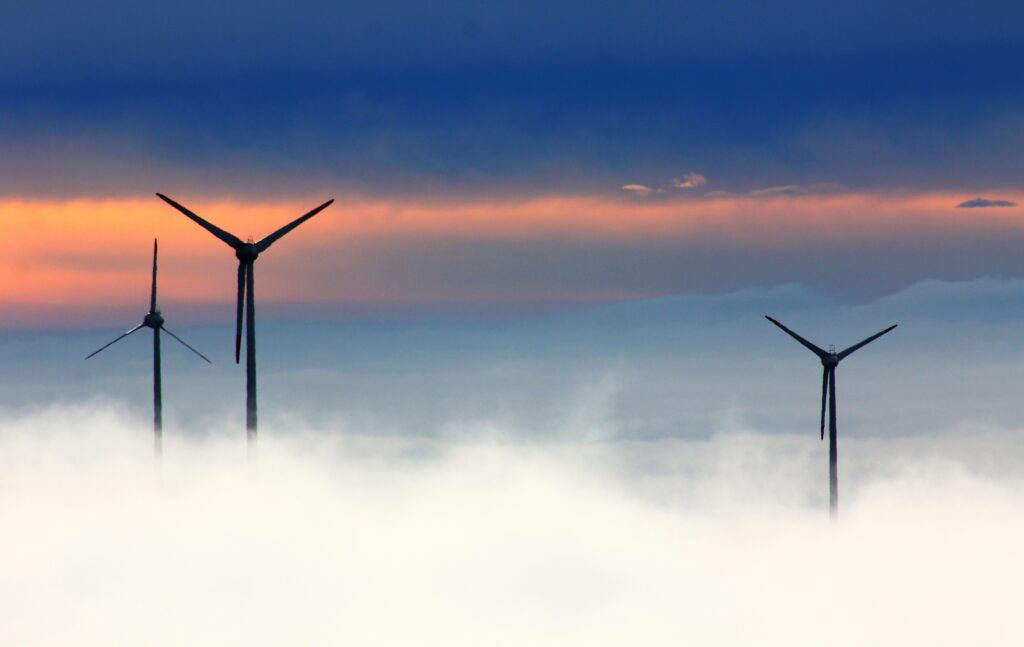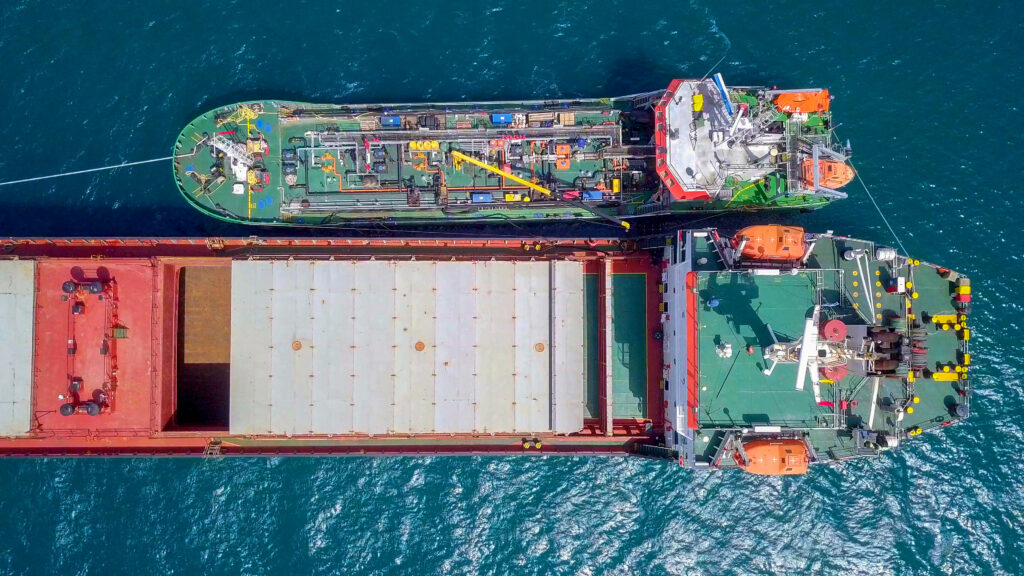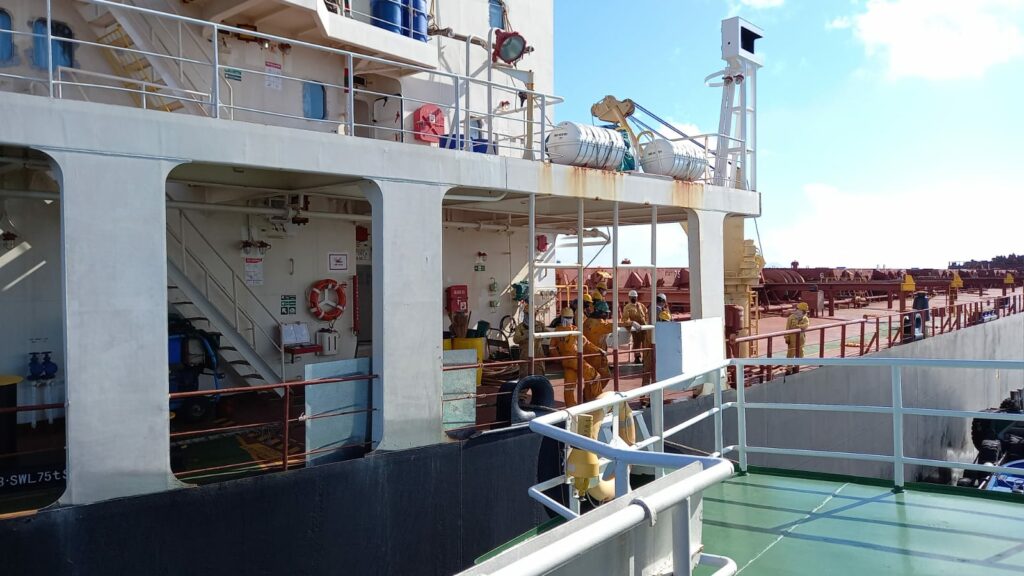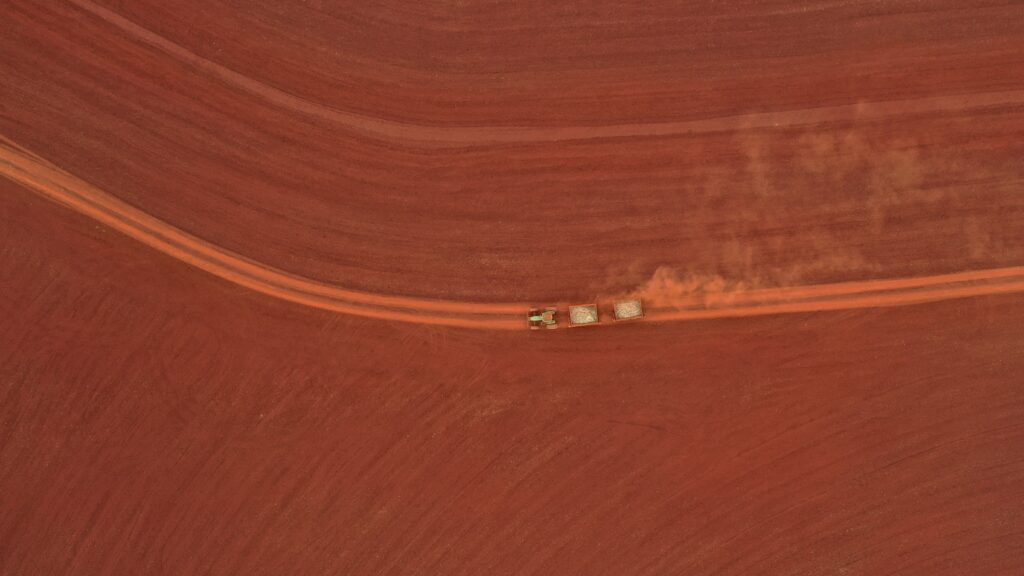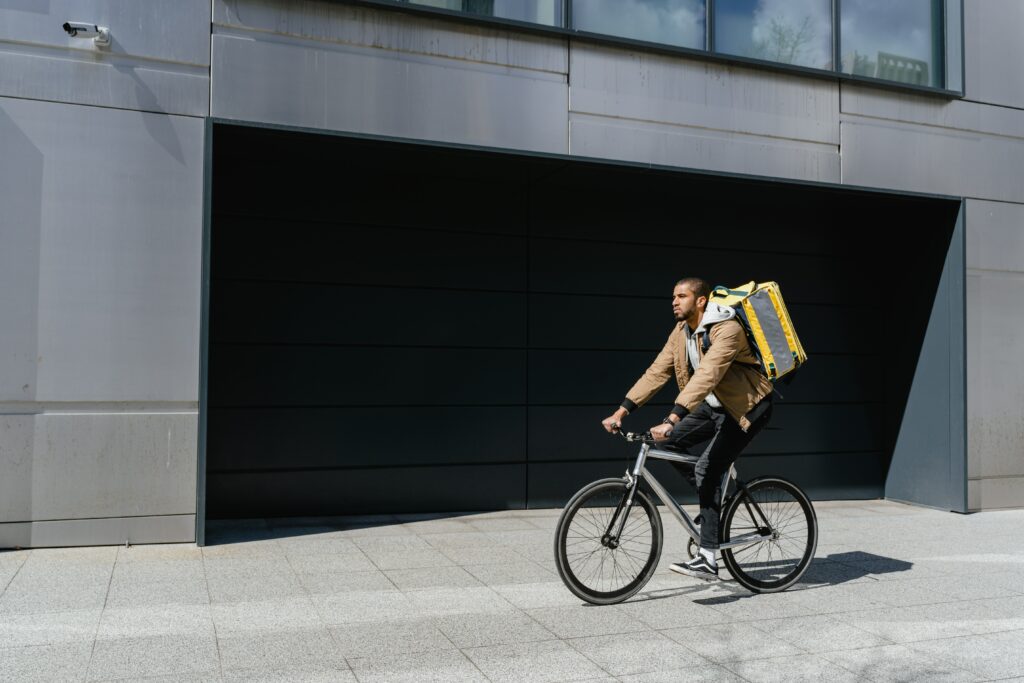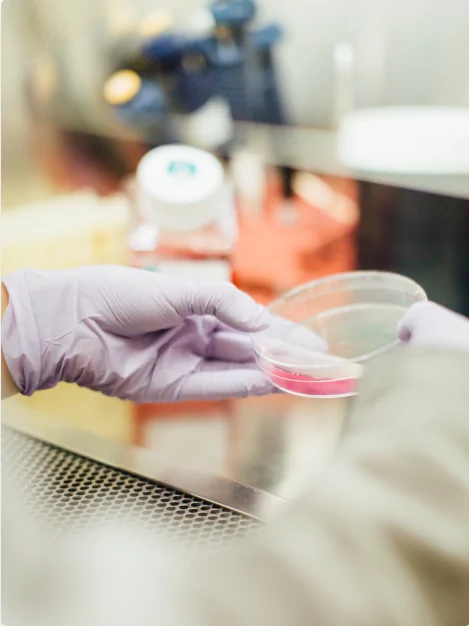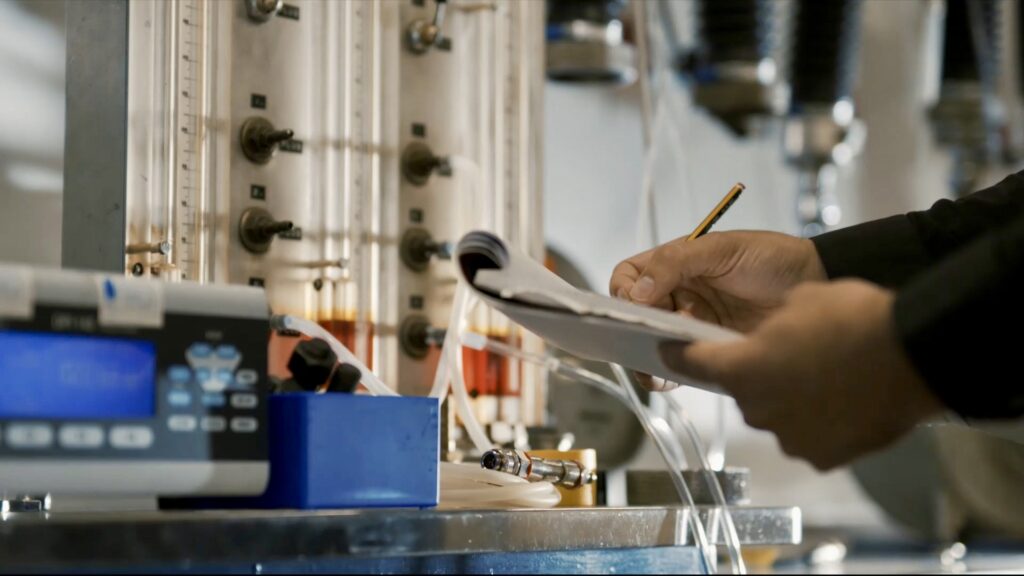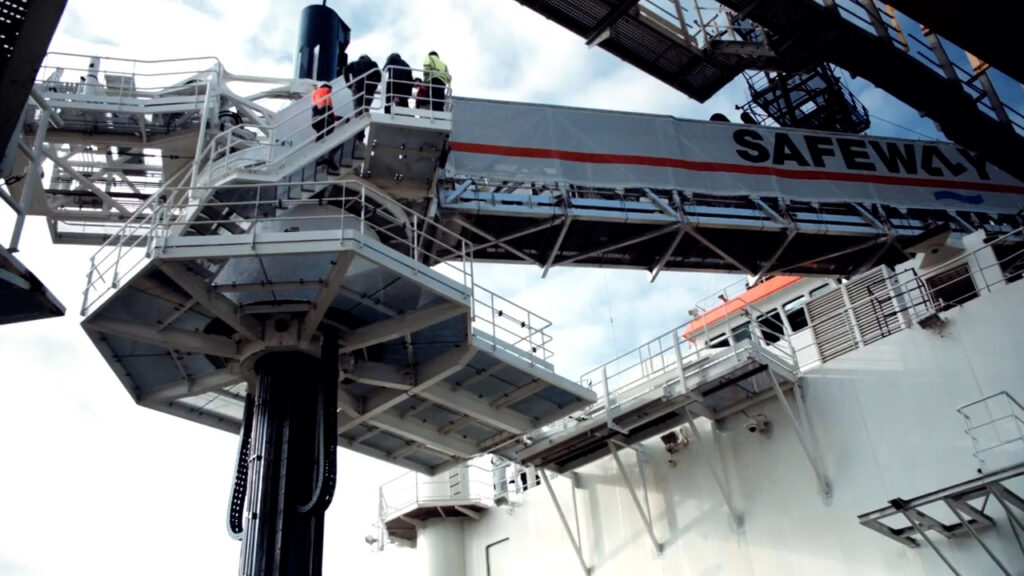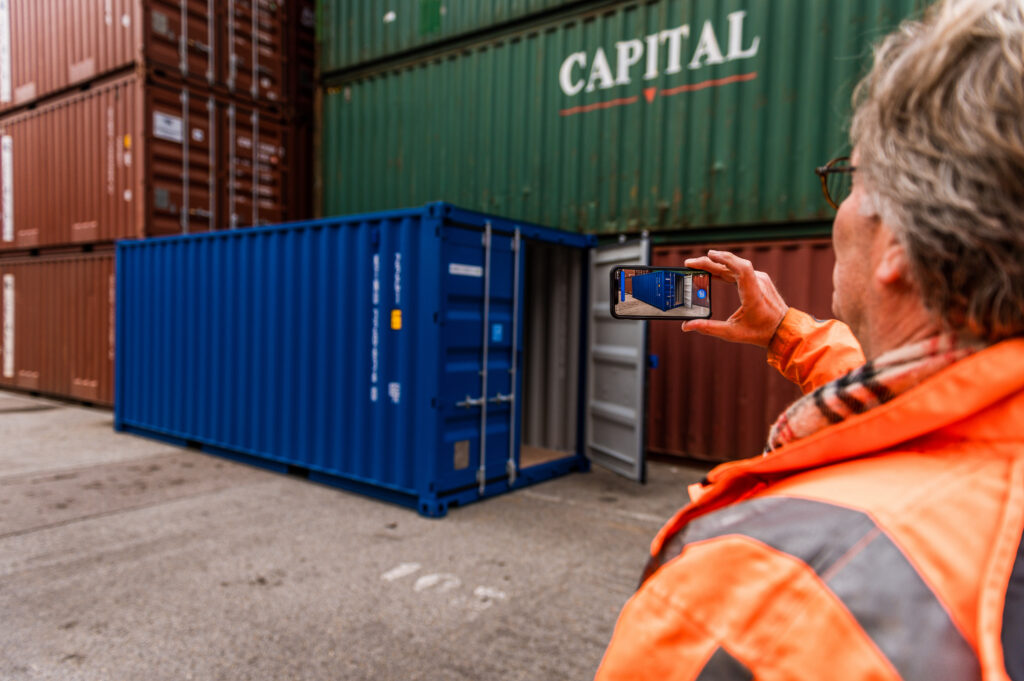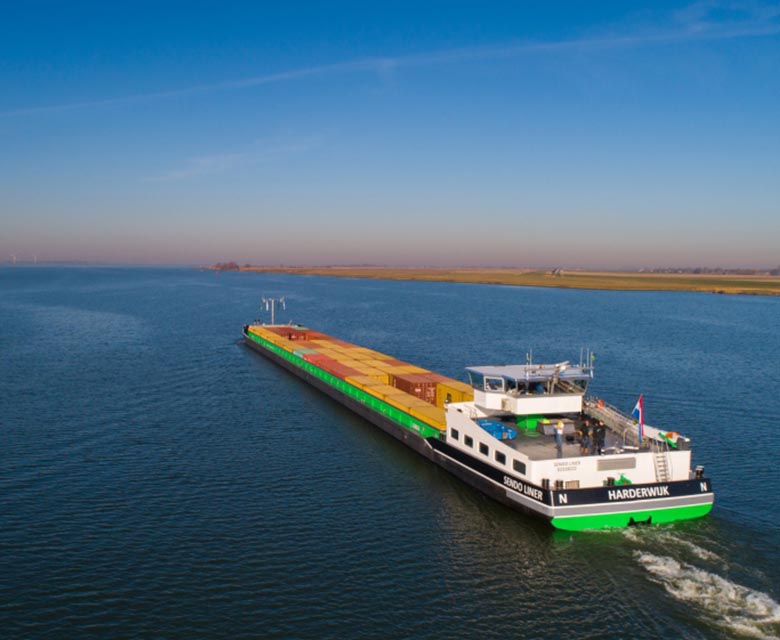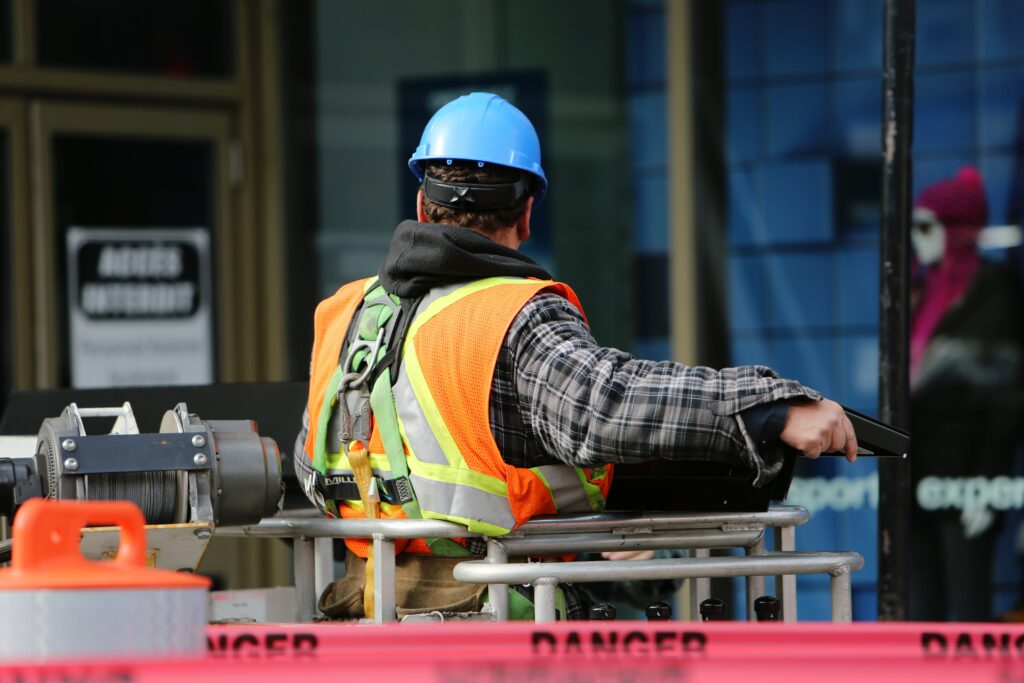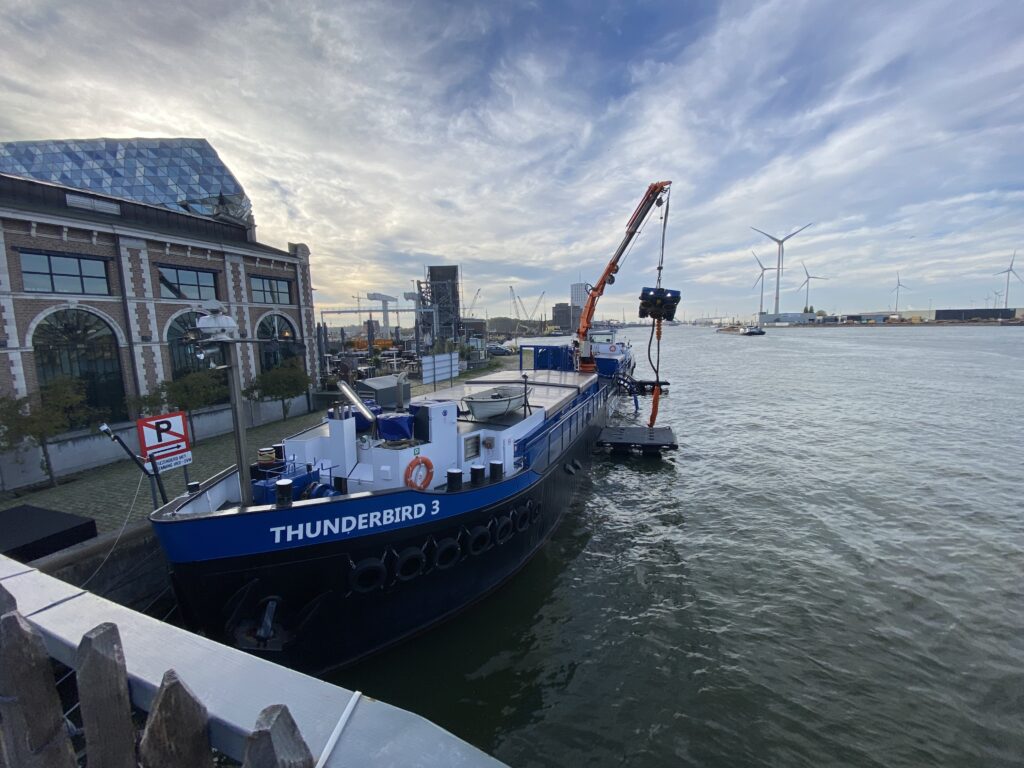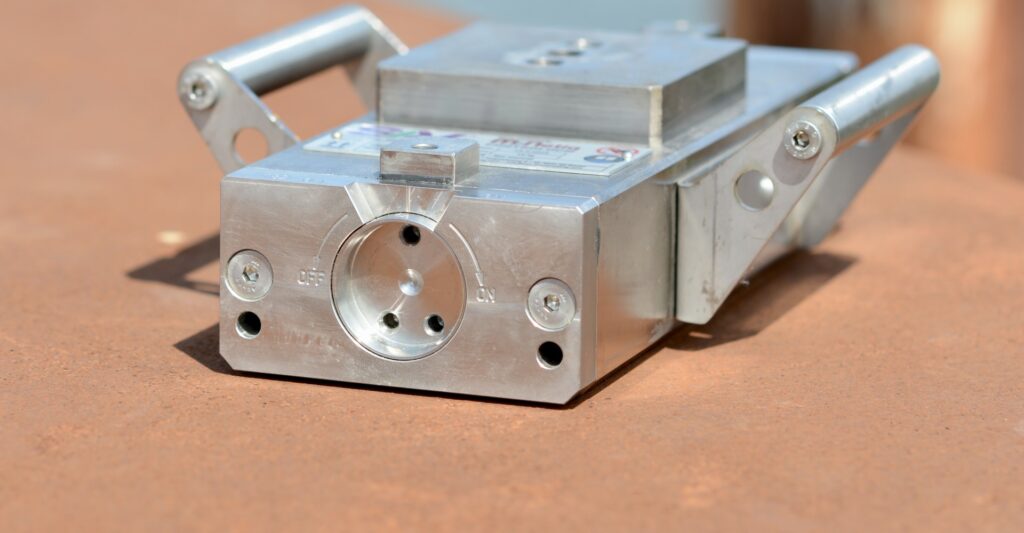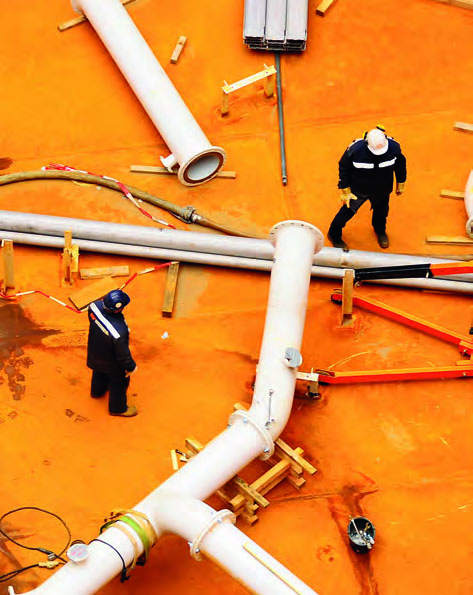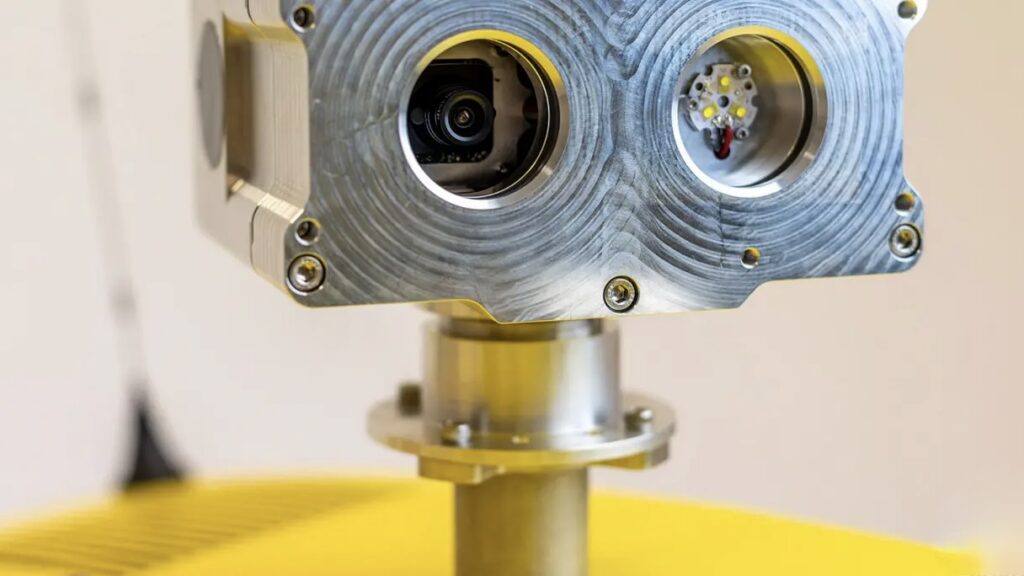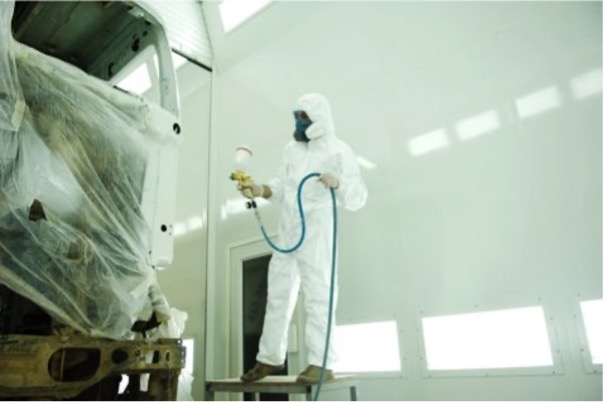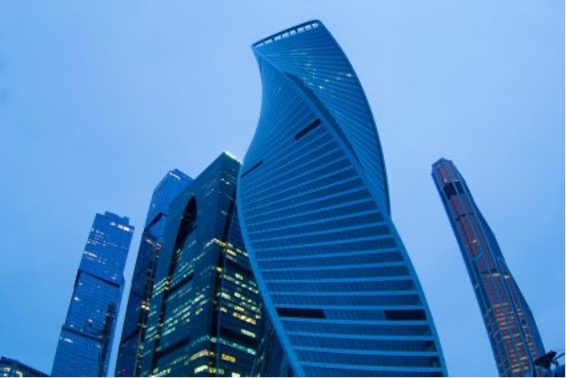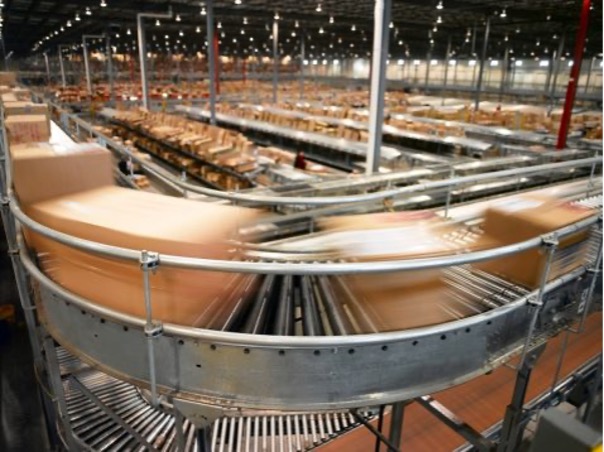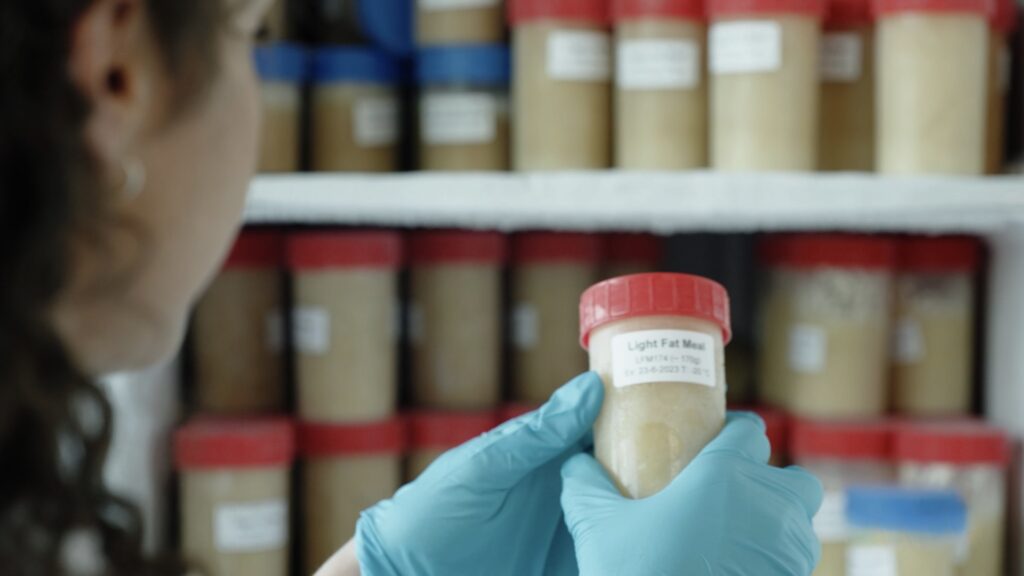The transport market is in transformation. We know that transport can and must be more sustainable. This leads that diesel is gradually being replaced by alternative, cleaner fuels. In this regard, Rolande is convinced that Liquefied Natural Gas (LNG) is the most sustainable and economic alternative to diesel. Rolande, a partner of the First Dutch family of companies, is working on a European network of LNG refuelling stations and is helping logistics service providers make the switch to LNG.
LNG is an attractive fuel, particularly for heavy road transport and shipping. Moreover, an engine powered by LNG is cleaner and more silent than a diesel engine, leading to reduced CO2, NOx, and particulate emissions. In Rolande’s view, LNG is a steppingstone towards adopting bio-LNG, which could bring even further benefits while contributing to the circular economy.
Liquefied Natural Gas is the first and most promising step towards producing Bio-LNG at scale. Bio-LNG is liquefied biogas, which Rolande produces from landfill waste, wastewater treatment or fermentation plants. The biogas is captured, purified and liquified. This process ensures a CO₂ reduction of as much as 99.8% over its entire chain. The advantage: biogas is fossil-free, which makes transport––even for heavy road transport––genuinely sustainable.
The use of LNG as a fuel is a cost-effective and immediately deployable alternative to diesel for the transport sector. Unlike the production and transport of LNG, the production of Bio-LNG is a relatively new process. The switch to driving on LNG and the roll-out of an international network of LNG stations is a crucial pathway to increasing the production volumes of Bio-LNG. In the coming years, Rolande will build facilities where Bio-LNG can be produced to help further expand fossil-free transport.
